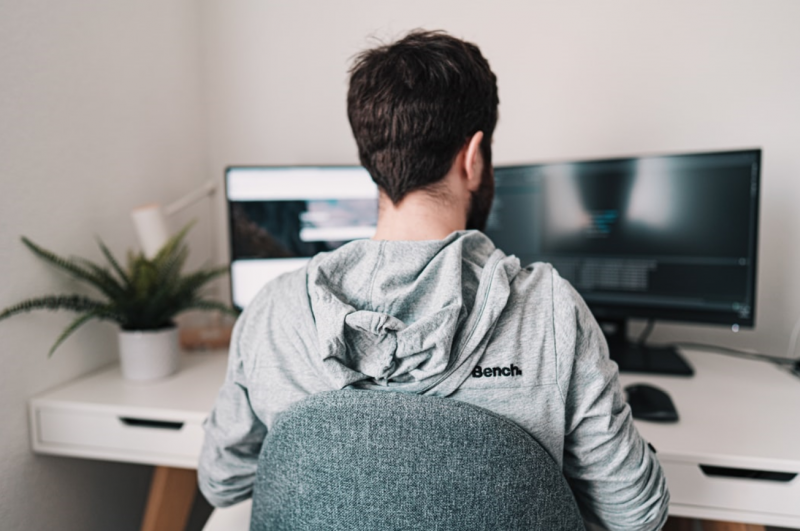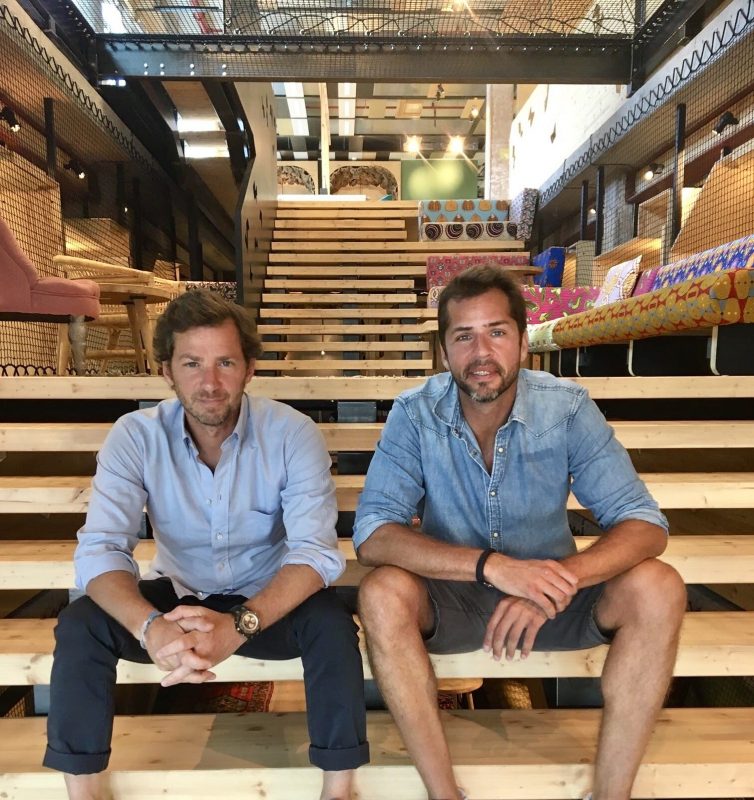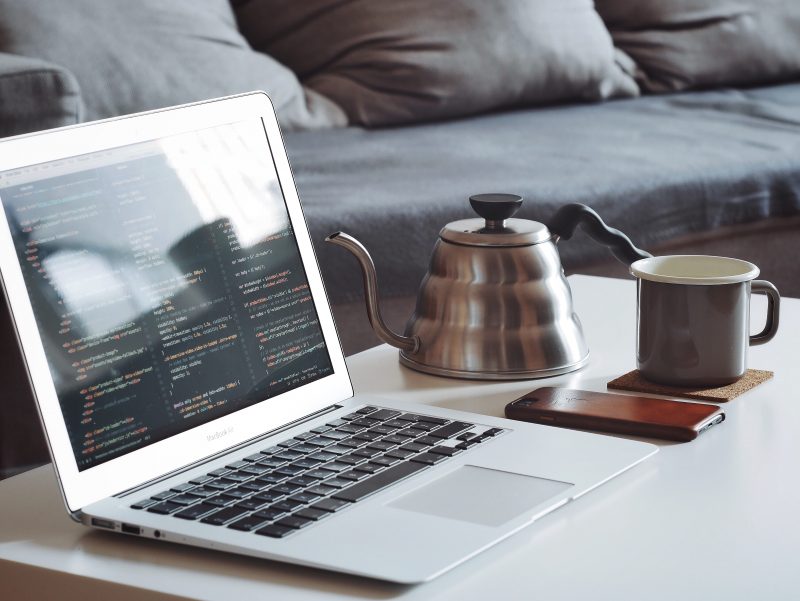Since the lockdown, working remotely has become a habit and is gradually becoming a common practice in many companies. Much more than recommended, it is now appreciated by many people, including freelancers. However, some companies still express their concerns about this new practice. We met (virtually, obviously) three adepts of remote work. Benoît, Louis and Philippe shared their experience and feelings with us about this working method, which is tending to become widespread.
Remote work is a personal preference
Although remote work is more common than before, some people prefer working in the office rather than at home. For Benoît (Innovation Marketing Consultant & Interim Manager), it’s a personal choice: “I think that workers who have tried and enjoyed remote work will find it difficult to go back. But for others, it doesn’t suit their style of work. I don’t think you can force or judge anyone, it is ultimately a matter of personal preference.”
On the other hand, when you work daily remotely, you can quickly feel isolated. Therefore, remote work can then become prohibitive. For Philippe (System administrator/Full stack developer), it is more than essential today to be able to continue to create connections and to be part of a virtual community. He recommends participating at interactive webinars to be able to discuss various topics, which could lead to professional opportunities.
For Benoît, who has been working remotely since 2011, it is necessary to be able to alternate videoconference meetings with physical meetings. It is important to maintain a team dynamics and cultivate a personal relationship with colleagues. Co-working spaces are also a very good solution to overcome loneliness and enjoy a professional and comfortable environment that has all the equipment you need. In short, this alternative guarantees a certain flexibility and balance.
For others, remote work is the only possibility because they live abroad or because it is a method that fits their situation better. By working in conditions and an environment that suit us, we can be more efficient and focused. In any case, for Louis (Project manager) the environment is very important: “I believe that feeling good is a key element to be productive in the long run”.
A good environment and adequate equipment
Both in the office and at home, various elements must be in place to enable efficient work and promote well-being at work. For example, if the environment is noisy and unsuitable, or if the equipment is defective, it will be impossible to be productive or comfortable.
Therefore, it is important to create a comfortable and calm workspace that suits us. We should get adequate equipment such as a good internet connection, a comfy office chair, a second screen,… Moreover, Benoît advises not to work in common areas of the home to preserve your private sphere. This avoids exposing those around you to work stress but also to distractions.

Time, trust, and physical contacts
To set up remote work, they are unanimous: first of all, there needs to be a transition phase where connections are formed, and trust is established. This can only happen by working on-site as a first step. According to Benoît, it is important as a freelancer, to be physically present at the office. When you start an assignment it is essential to create relations and soak up the culture and work habits. This way, you can start on a good basis.
For Louis, you must prove that you can be trustworthy. “Providing convincing results and proving our added value is the best way to support a client in the transition to remote”. It is normal for companies to have concerns about the arrival of a new member. There needs to be a phase of adaptation and mutual taming to allow a certain flexibility and openness.
Be open-minded
The freelancer and the company must discuss this matter openly from the first contact. For Benoît, we should not hesitate to discuss the terms and conditions of the company to be sure that it is clear between the two parties. “I have sometimes played this card in interviews saying clearly: For several reasons, I prefer to perform this mission remotely. On the other hand, I make it a point of honor to be on site the first weeks to familiarize myself well with my colleagues, the culture, etc. before gradually working remotely. This kind of compromise is ideal and shows a certain maturity on the part of the freelancer, which shows that he understands the importance of being present on site.”
As discussed above, an adaptation phase is necessary to reassure the company. Both, the freelancer and the company must be patient and find a balance together. For Louis, it is obvious that over time, the company will see the positive results provided by the freelancer. If he has the right attitude, it can only facilitate the transition to remote work.
An essential practice today?
Freelancers often emphasize the same advantages: comfort at home, saving time, flexibility, freedom, productivity, increased concentration, etc. These are all elements that considerably increase satisfaction and well-being at work. Once you have tried it, it can be difficult to go back and imagine your daily life differently.
Nonetheless, our interviewees are not closed on the matter and can discuss it openly without imposing it on the companies they work with. For Benoît, this has been a common practice for a long time and he enjoys it. But, he can compromise: “If I were to go back to an employee job, the possibility of working remotely would be high on my list of requirements. But as a freelancer, flexibility towards the client is the most important“.
If you want to dig deeper into the subject, we’ve found a complete guide to help you work remotely.
About our freelancers:
Louis, Project manager, freelancer since January 2020. He started remote work because of the lockdown and the coronavirus crisis in Belgium. A first enriching experience for him.
Benoît, Innovation Marketing Consultant & Interim Manager, freelancer since November 2019. Since his experience abroad in 2011, he works regularly remotely and with foreign clients.
Philippe, System administrator / Full stack developer, freelancer since 2011. He has been practicing his remote profession for 9 years.
 Back to posts
Back to posts


